Description
Immigration was as controversial in the nineteenth century as it is today. Australia has a long history of migration and is considered one of the world’s great immigration success stories, but this process has not been without cost. This book tells the story of the most active emigration agent of the nineteenth-century: John Marshall. His influence can be read in the naming of the town Marshall, outside Geelong, Victoria, and in the lives of the descendants of the thousands of people he assisted to migrate to the British colonies of New Zealand, Canada and North America, Cape Town and most importantly, Australia.
Marshall’s work also impacts the world today through Lloyd’s Register of Shipping. A brilliant strategist, Marshall instigated a review of the classification of ships and the merger of the red and green registers used by Lloyd’s shipowners and underwriters, and later established Britain’s first emigration depot at Plymouth.
Enterprise was much-admired in the early to mid-nineteenth century and Marshall was one of the most active entrepreneurs of the period. He was a merchant-adventurer and superb logistician who read the marketplace and was prepared to move to a new start-up each time his finances dictated a fresh start: brokerage, trade, shipping, emigration, coal. Marshall had both the vision and analytical skills to achieve great things, but he lacked business acumen or the personality to successfully carry through any of his undertakings. This book links the various facets of Marshall’s life from his humble beginnings to his impoverished end. It explains how an unknown insurance broker from the provinces could rise to be a key player in London’s ship owning and merchant world of the early nineteenth century.
ISBN:9780648061663
About the Author
Dr Liz Rushen is a Melbourne-based historian who has written extensively on nineteenth-century migration to Australia.
See What Other Say
Barbara Jones, Curator of Maritime History & Heritage, Lloyd’s Register Foundation
This is a significant and detailed study of John Marshall, a colourful historical figure who has relevance to studies on safety at sea, philanthropy, agitation for reform, shipowning, shipbroking, trading and emigration. Dr Rushen has a great way of portraying a vast and sometimes complex array of information in an enjoyable and accessible way that makes you want to read on.
Published by Anchor Books
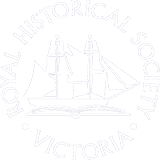
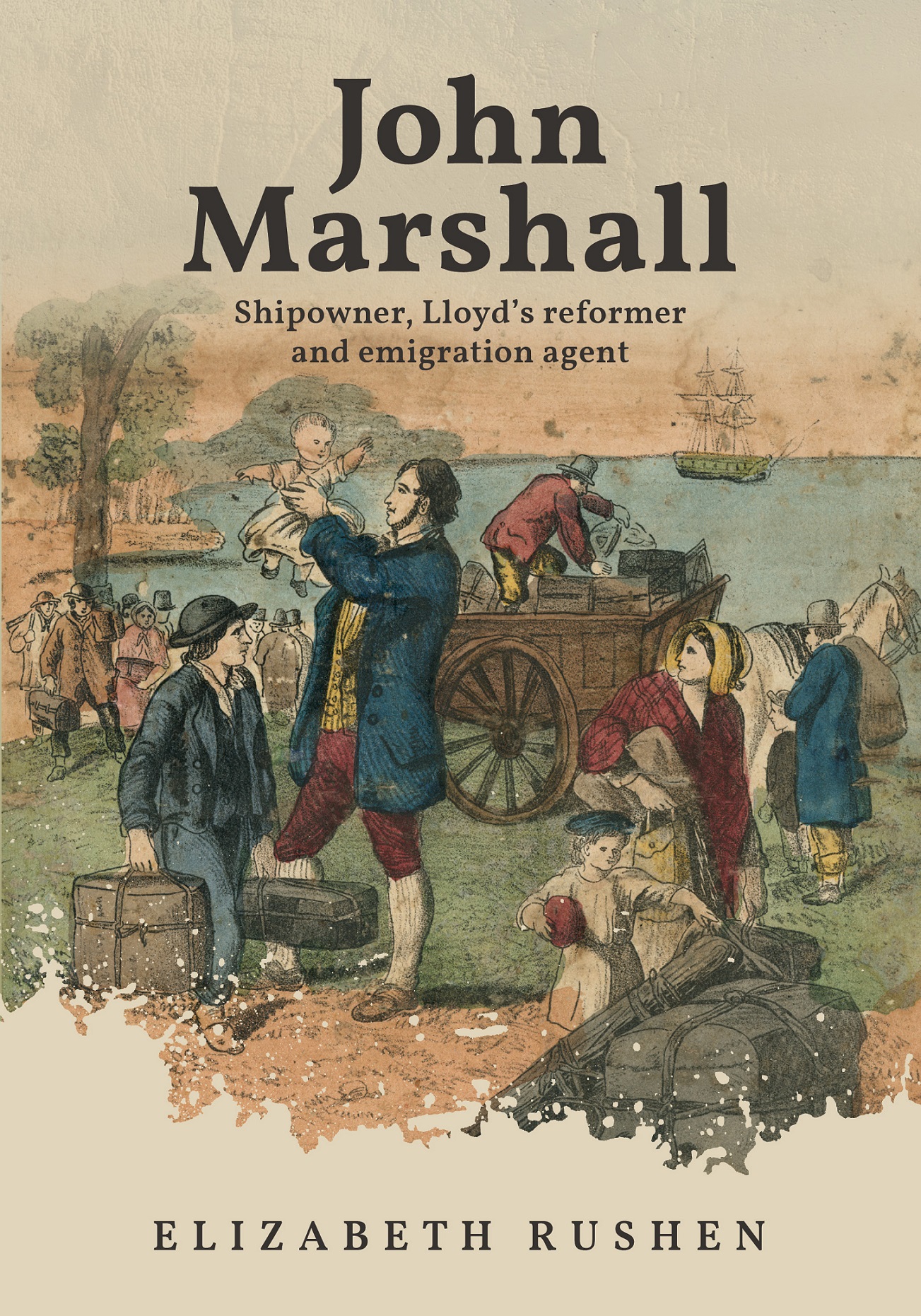
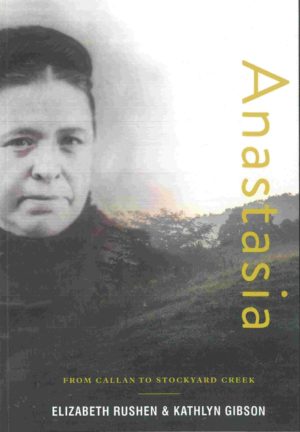


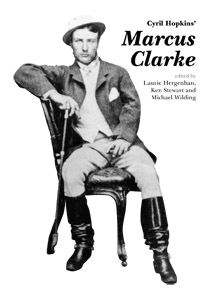
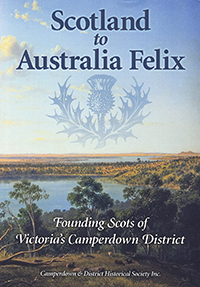

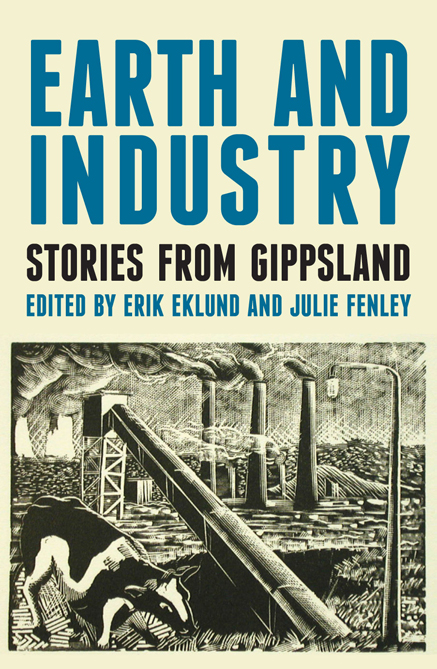



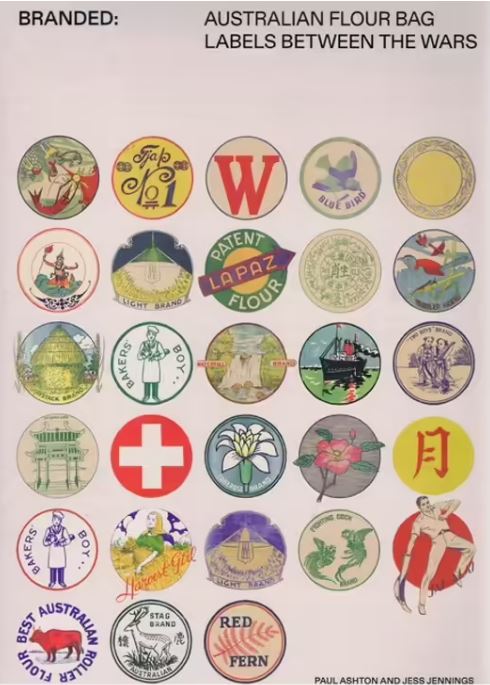
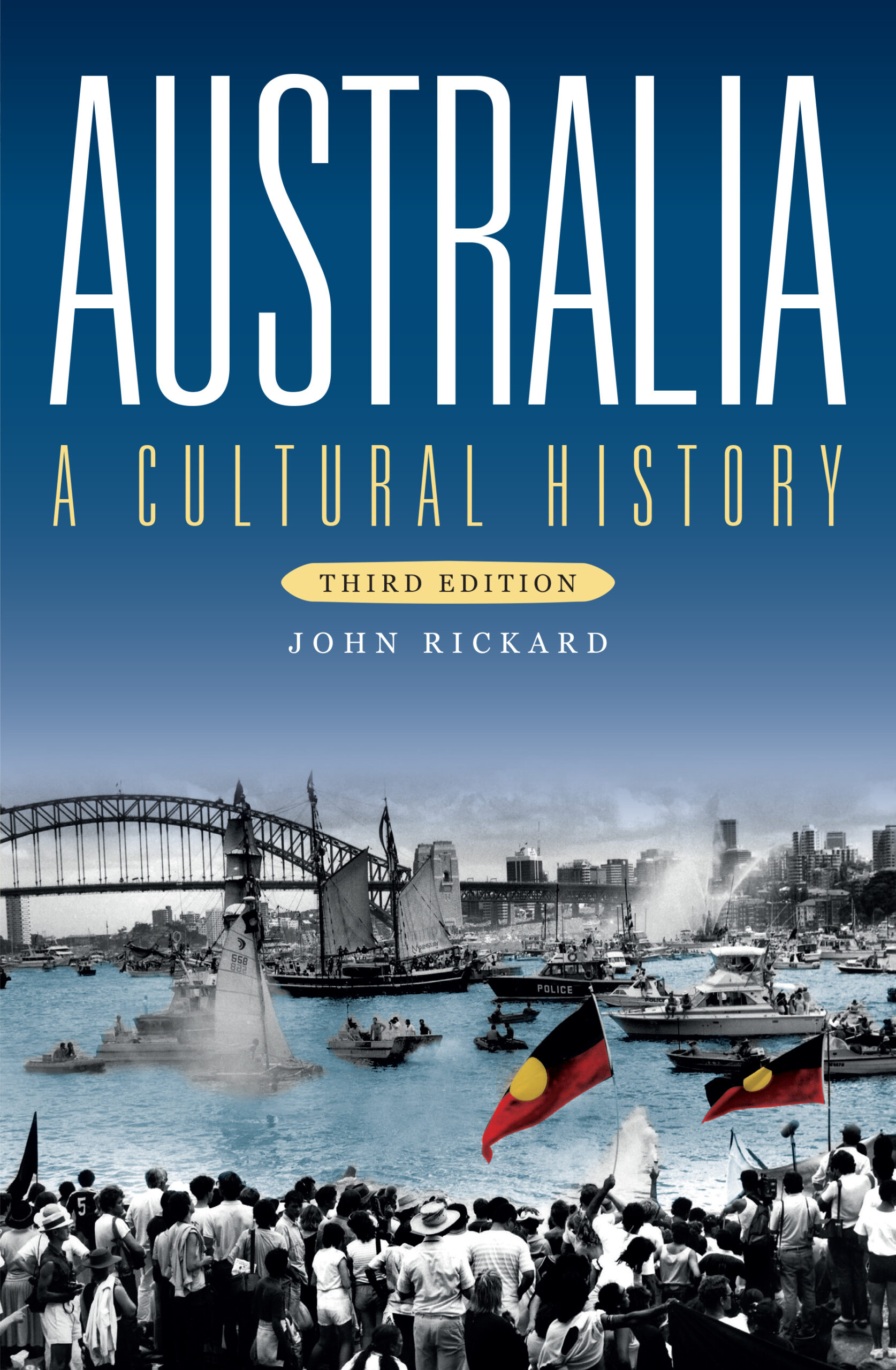


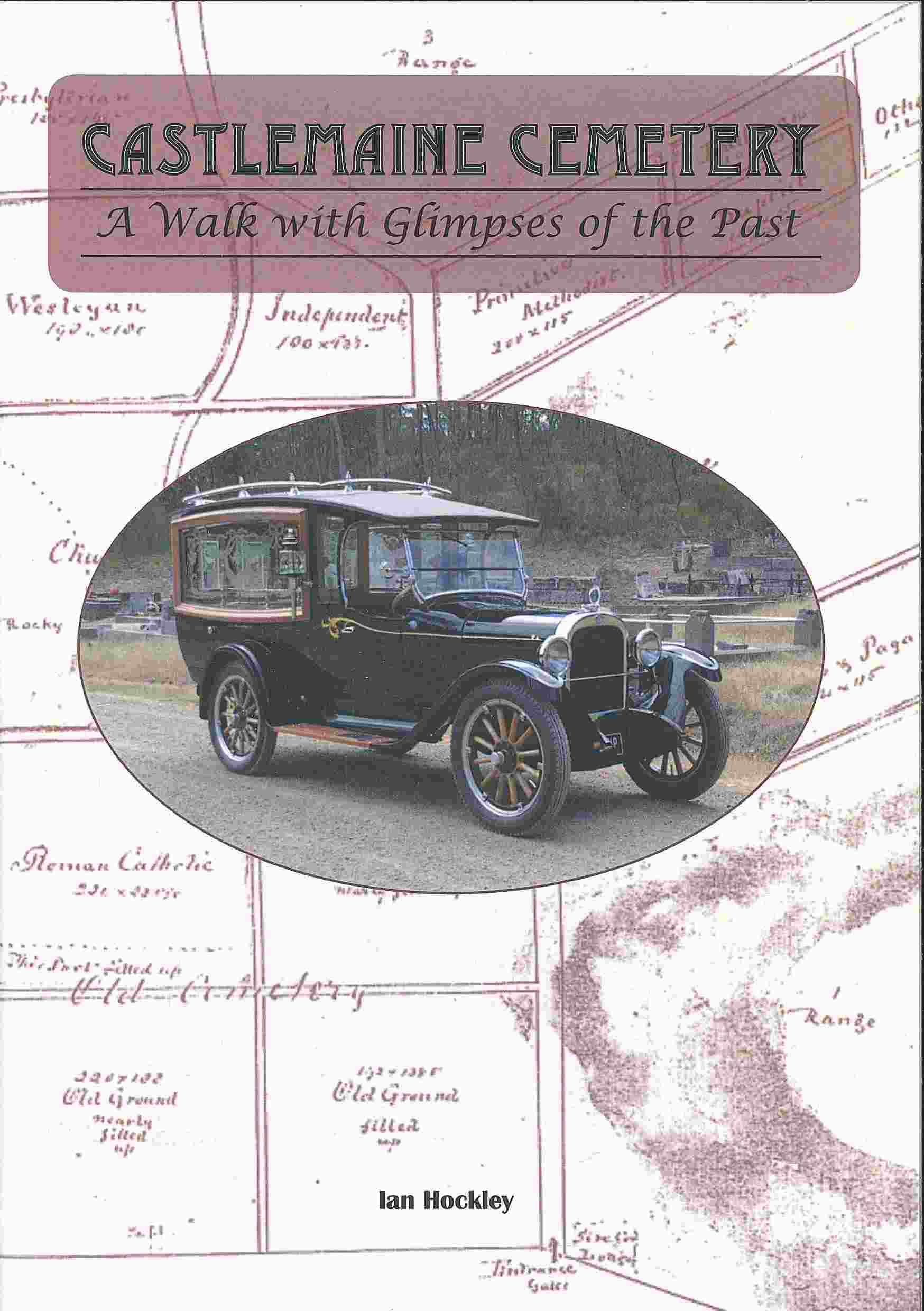

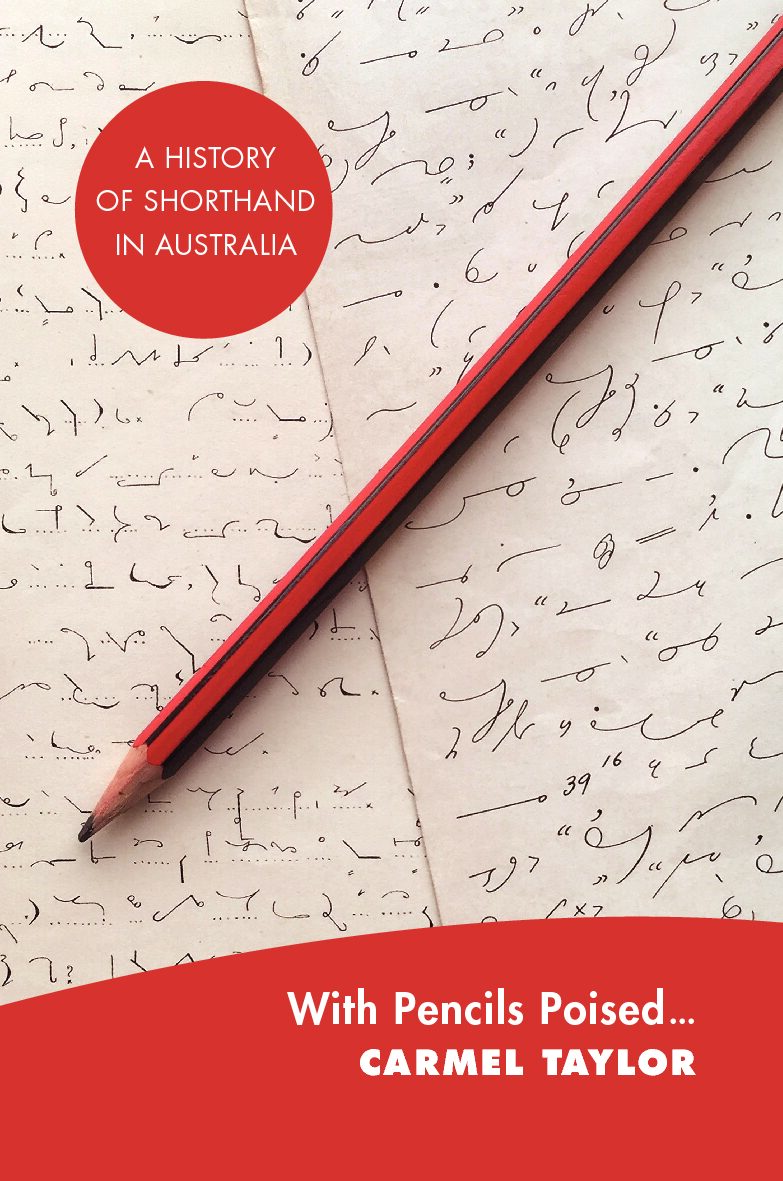
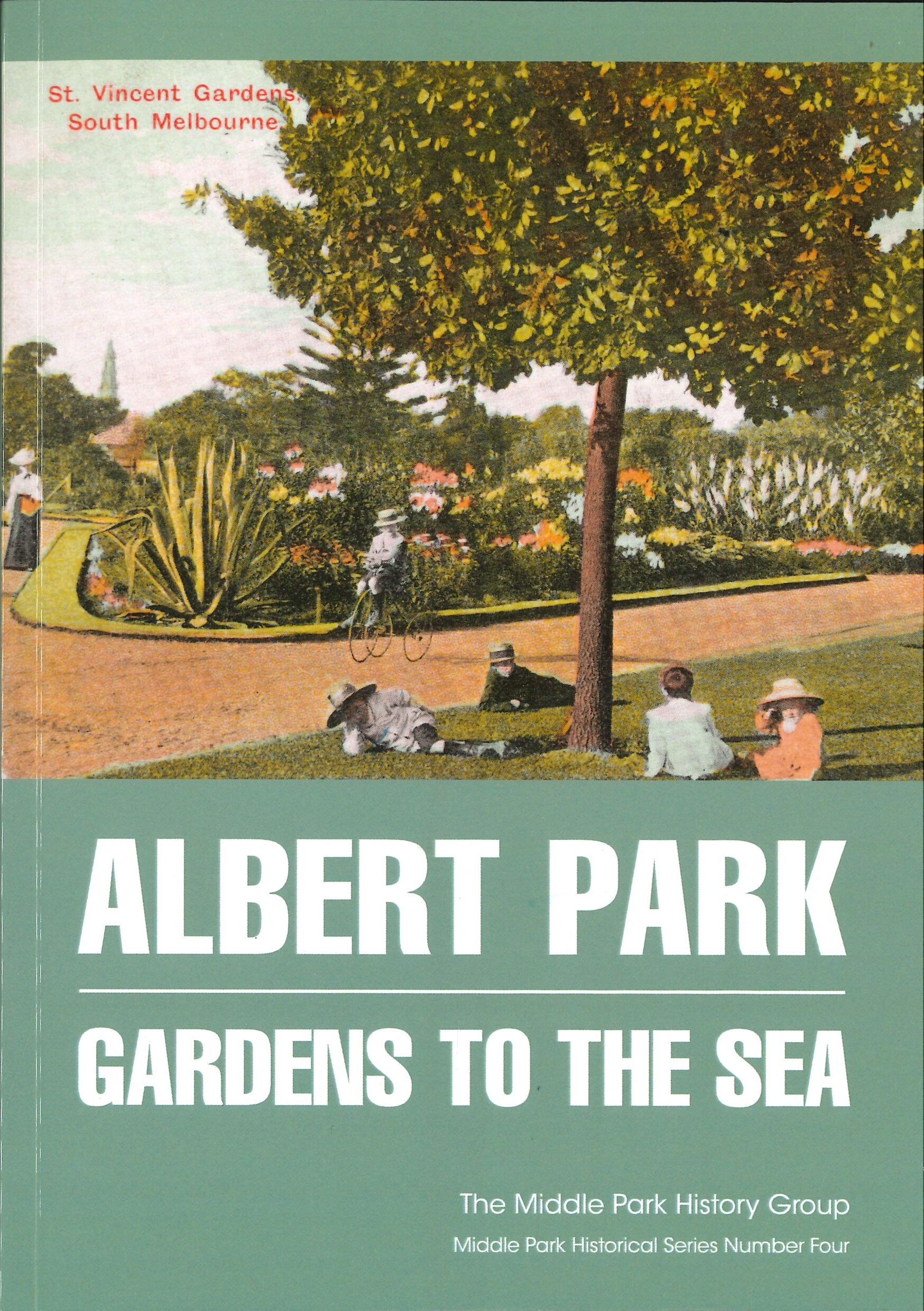

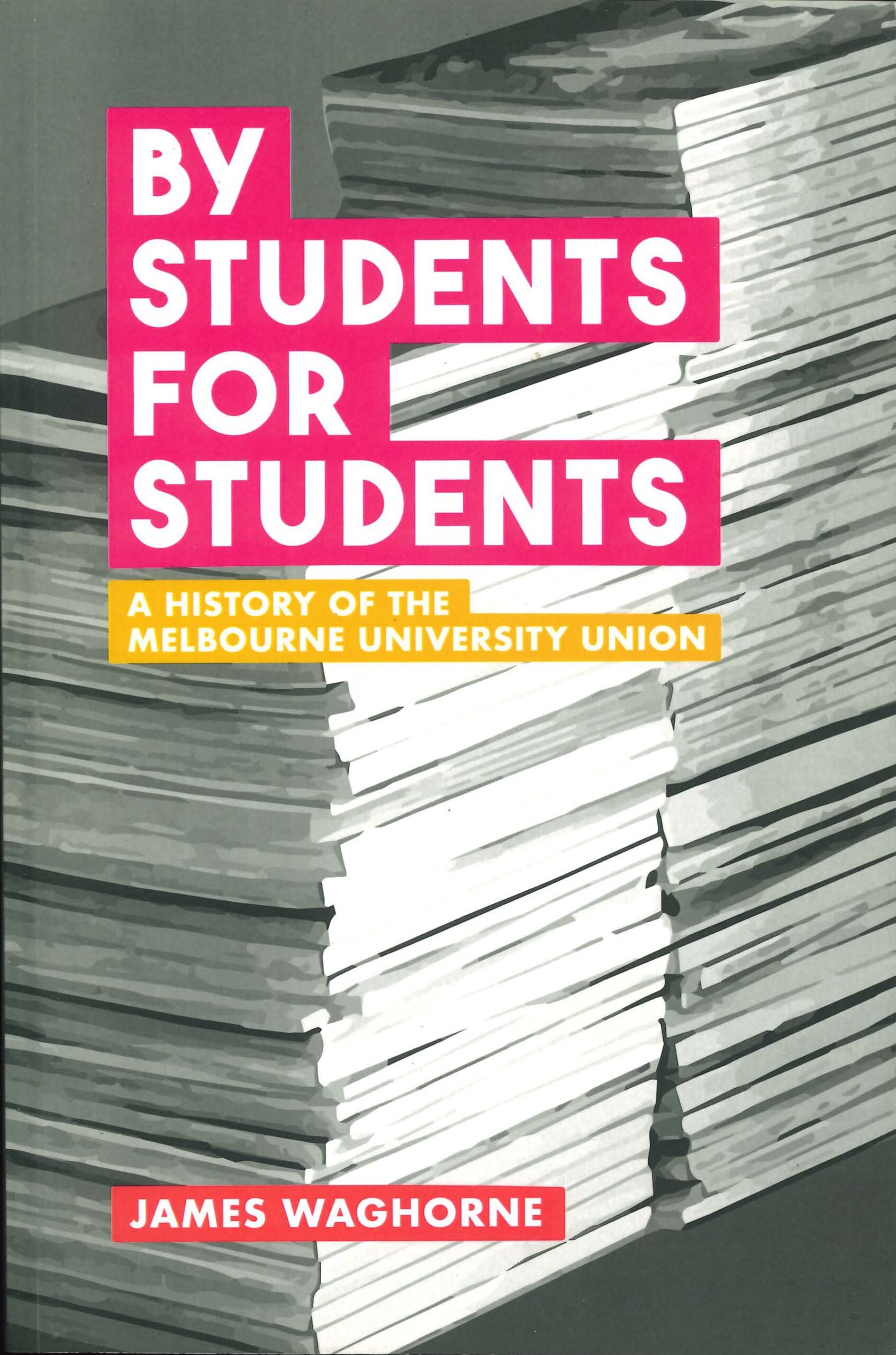




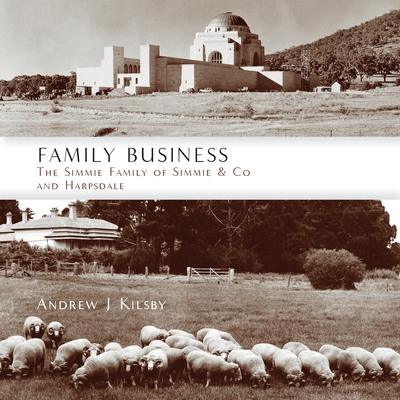
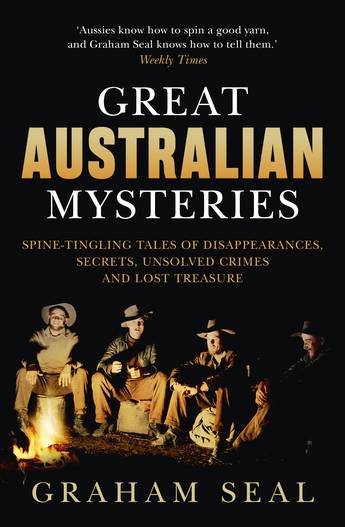




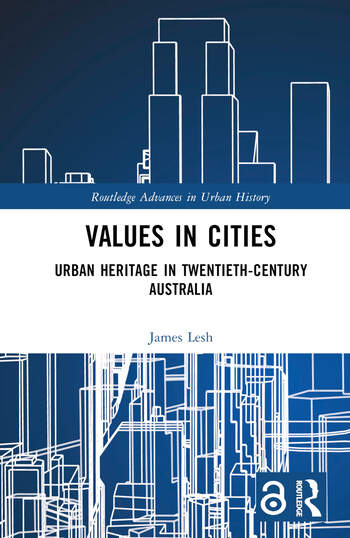
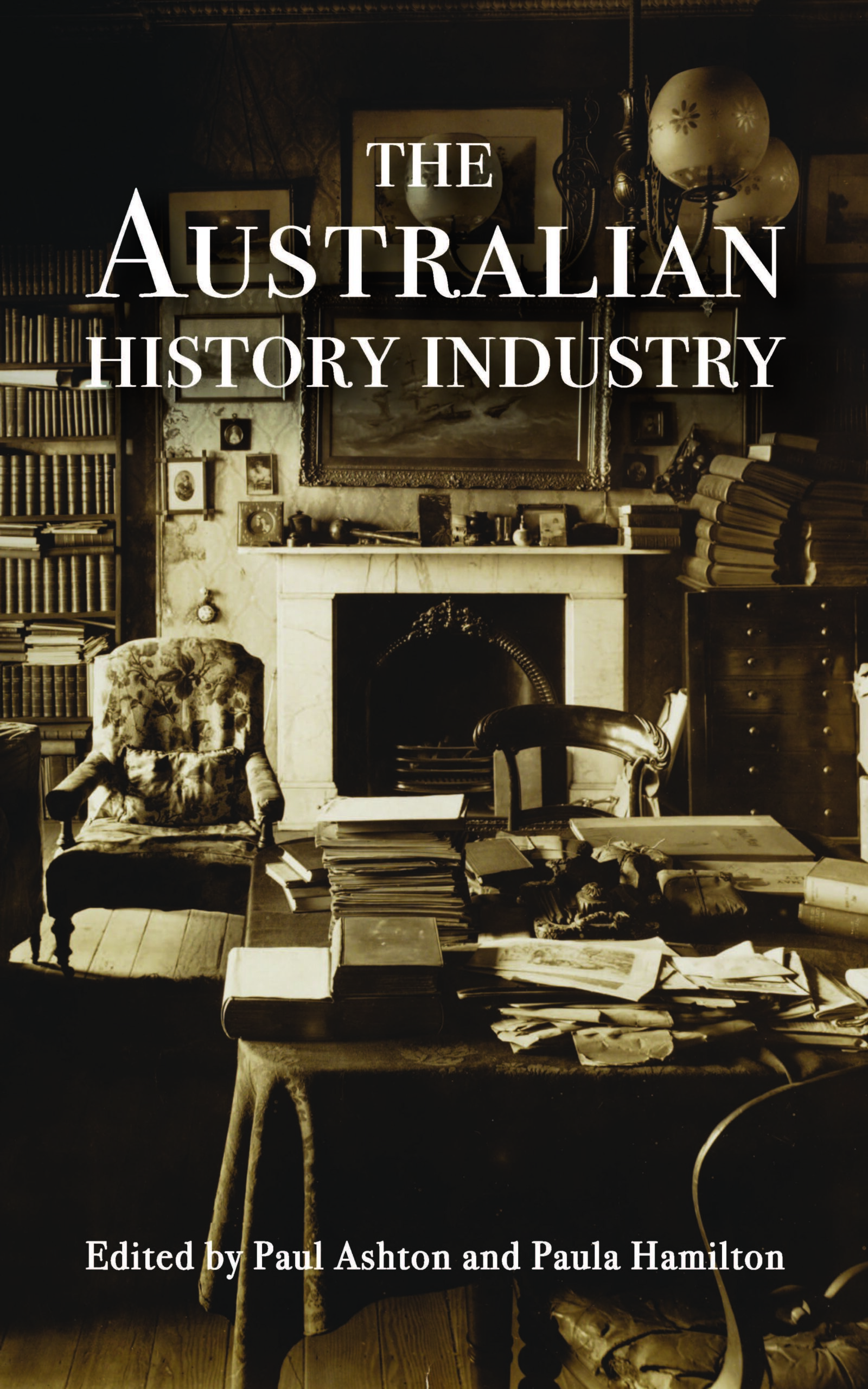
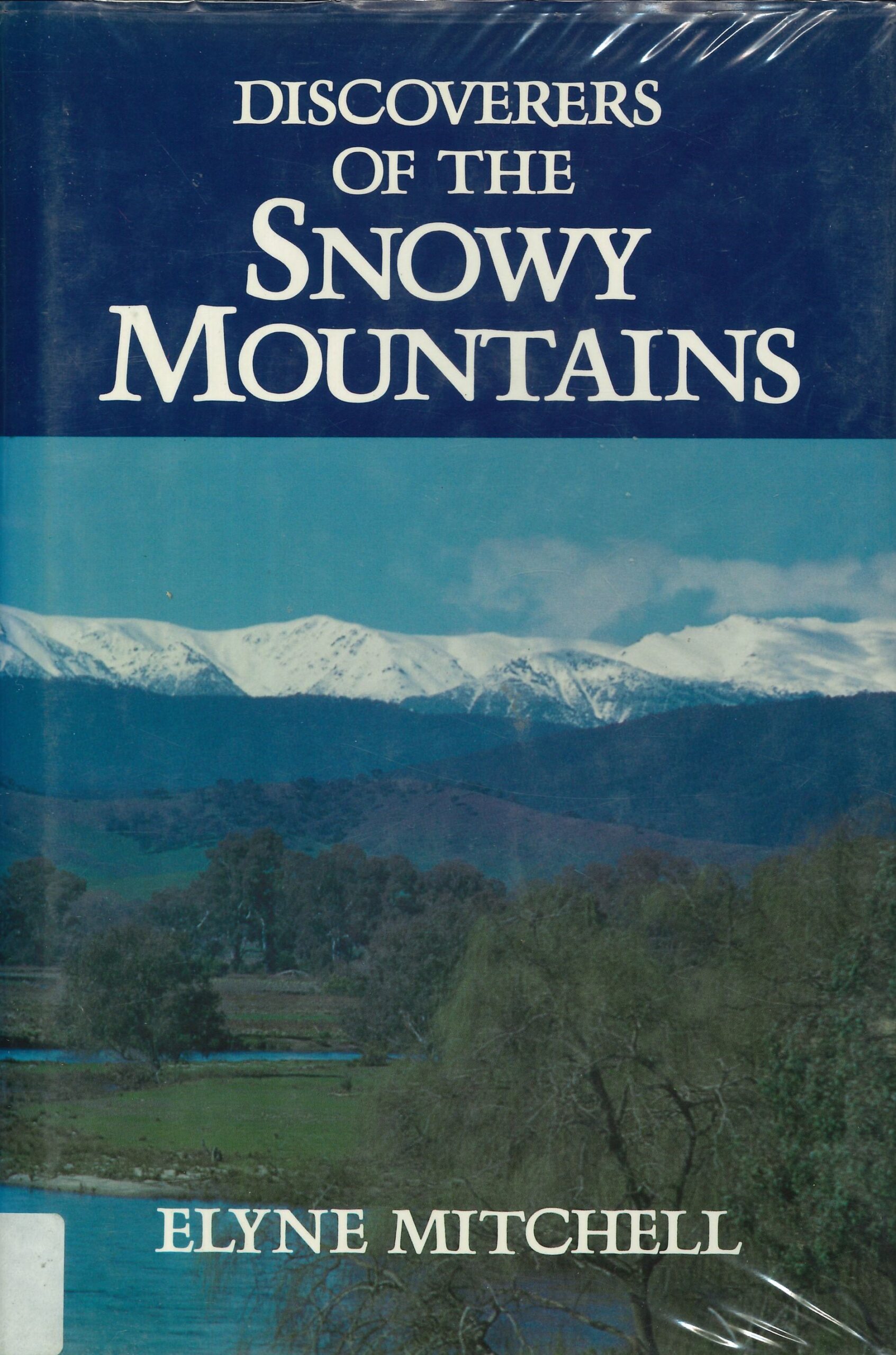
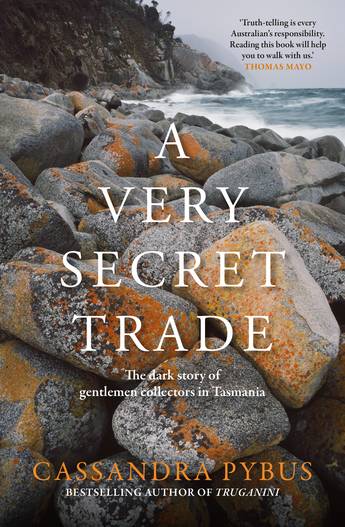
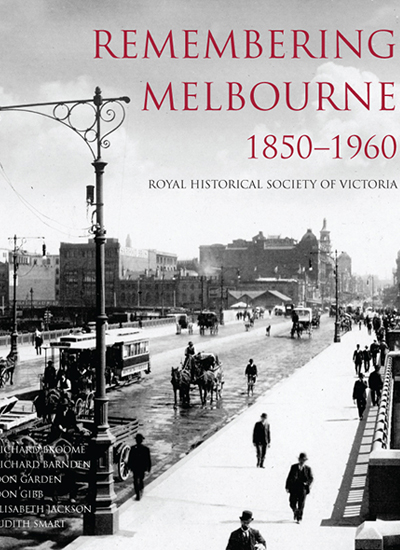
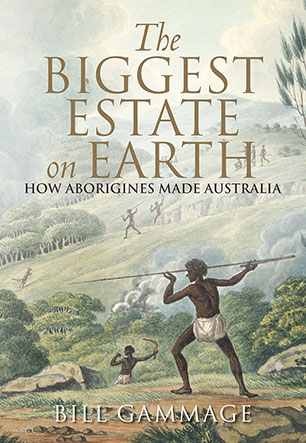
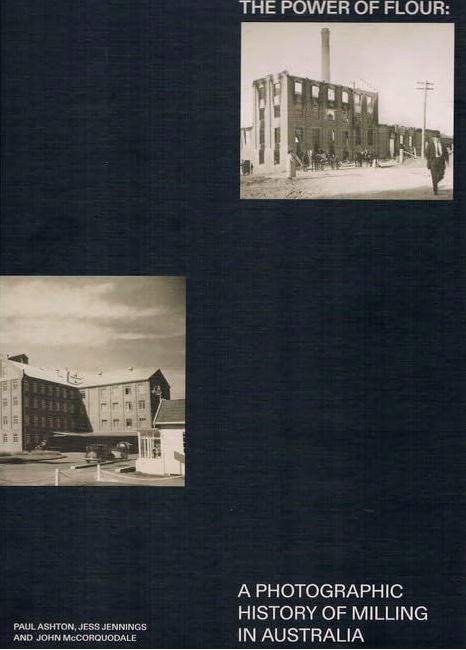
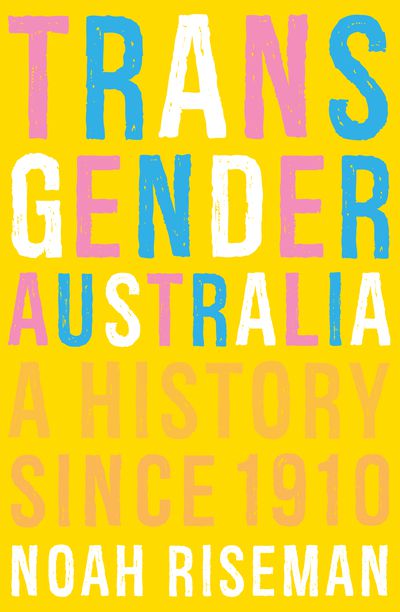







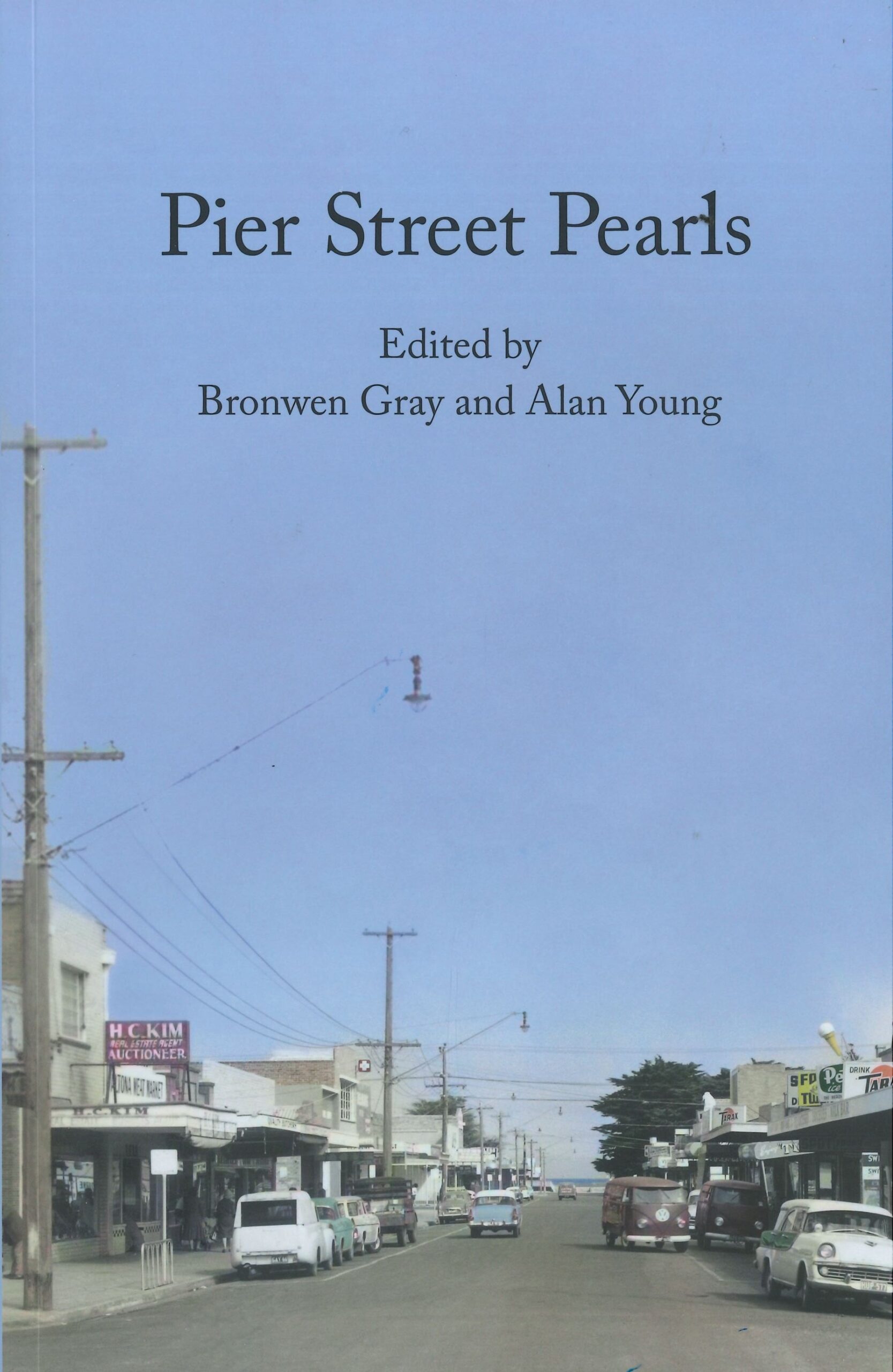
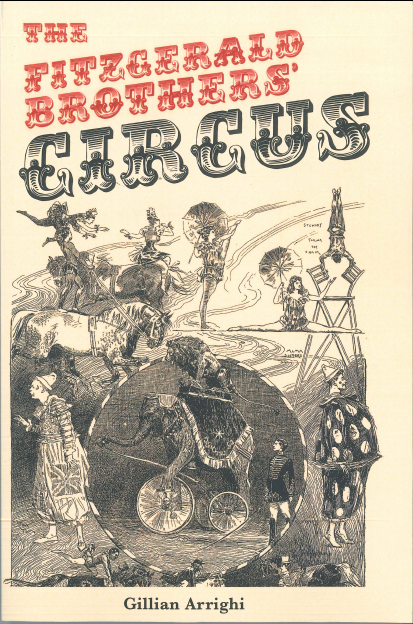


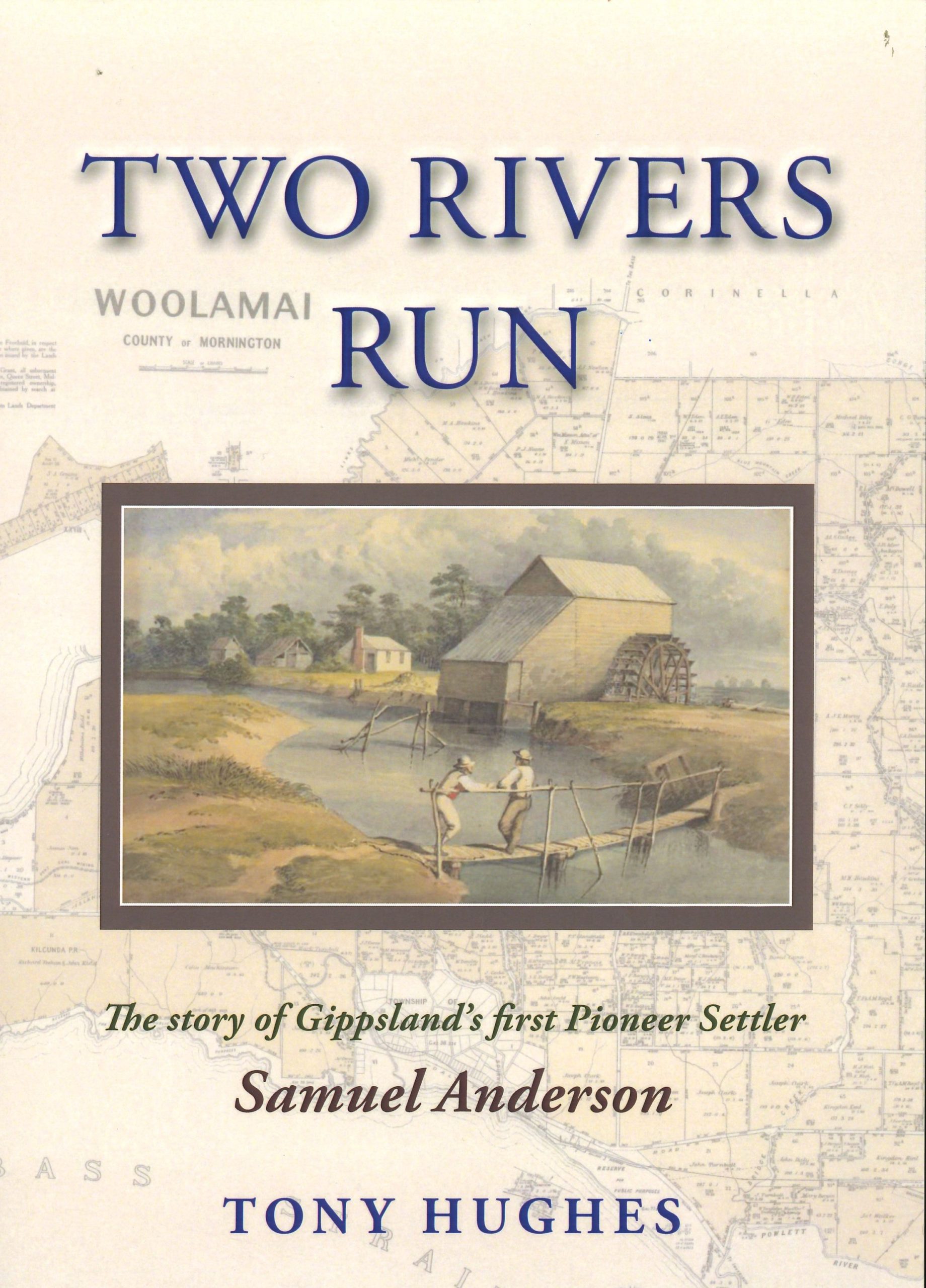
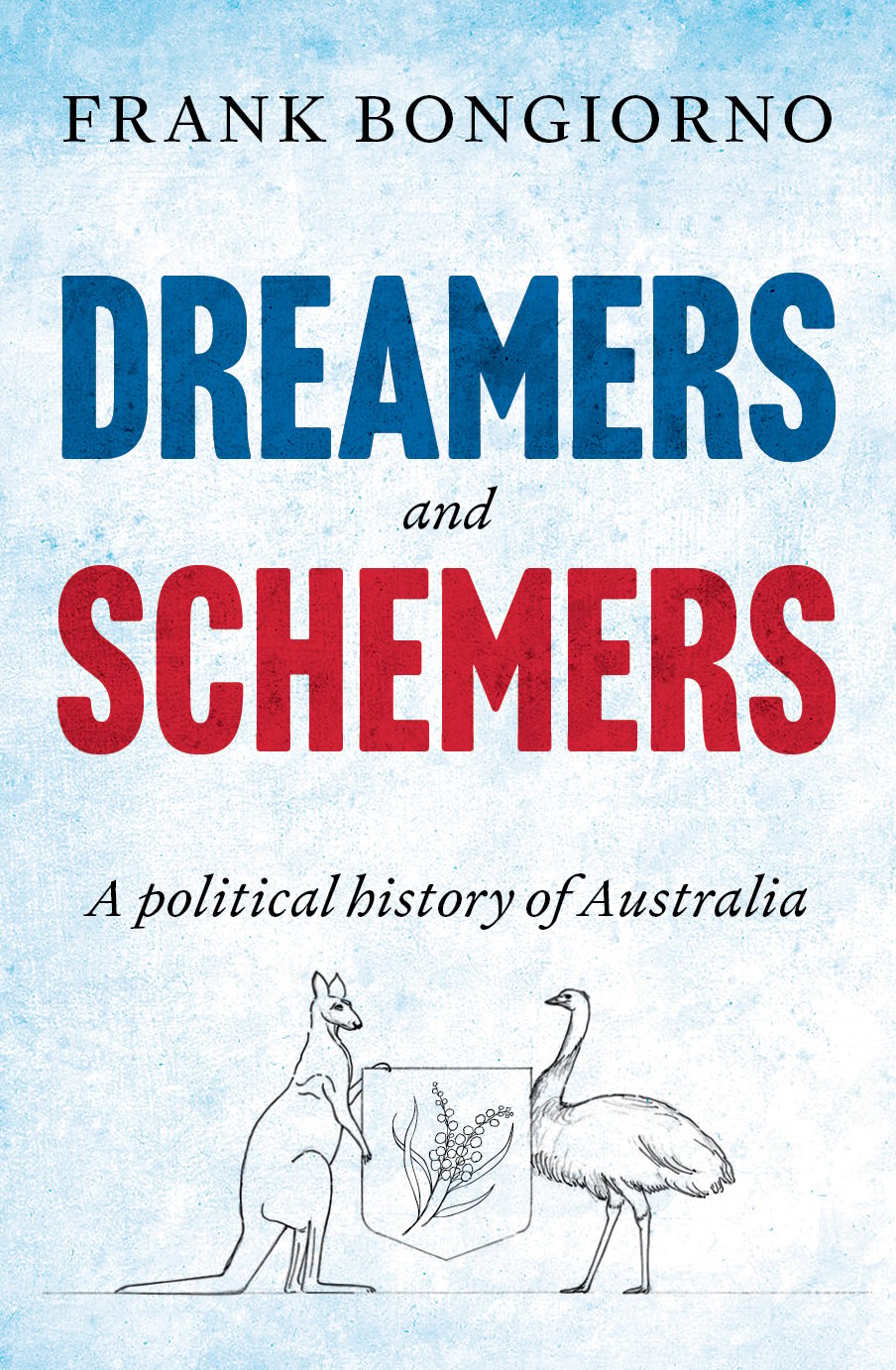

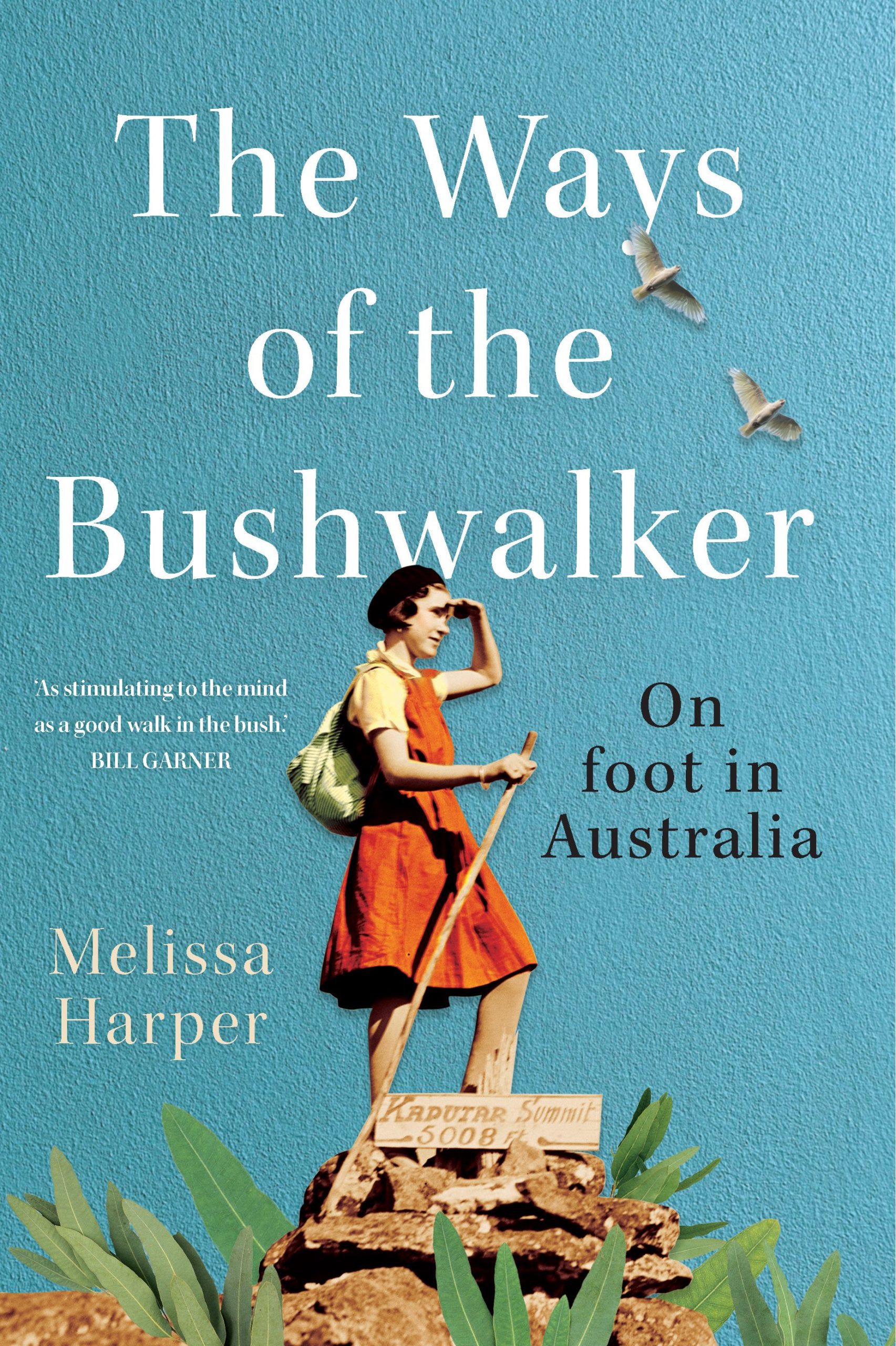
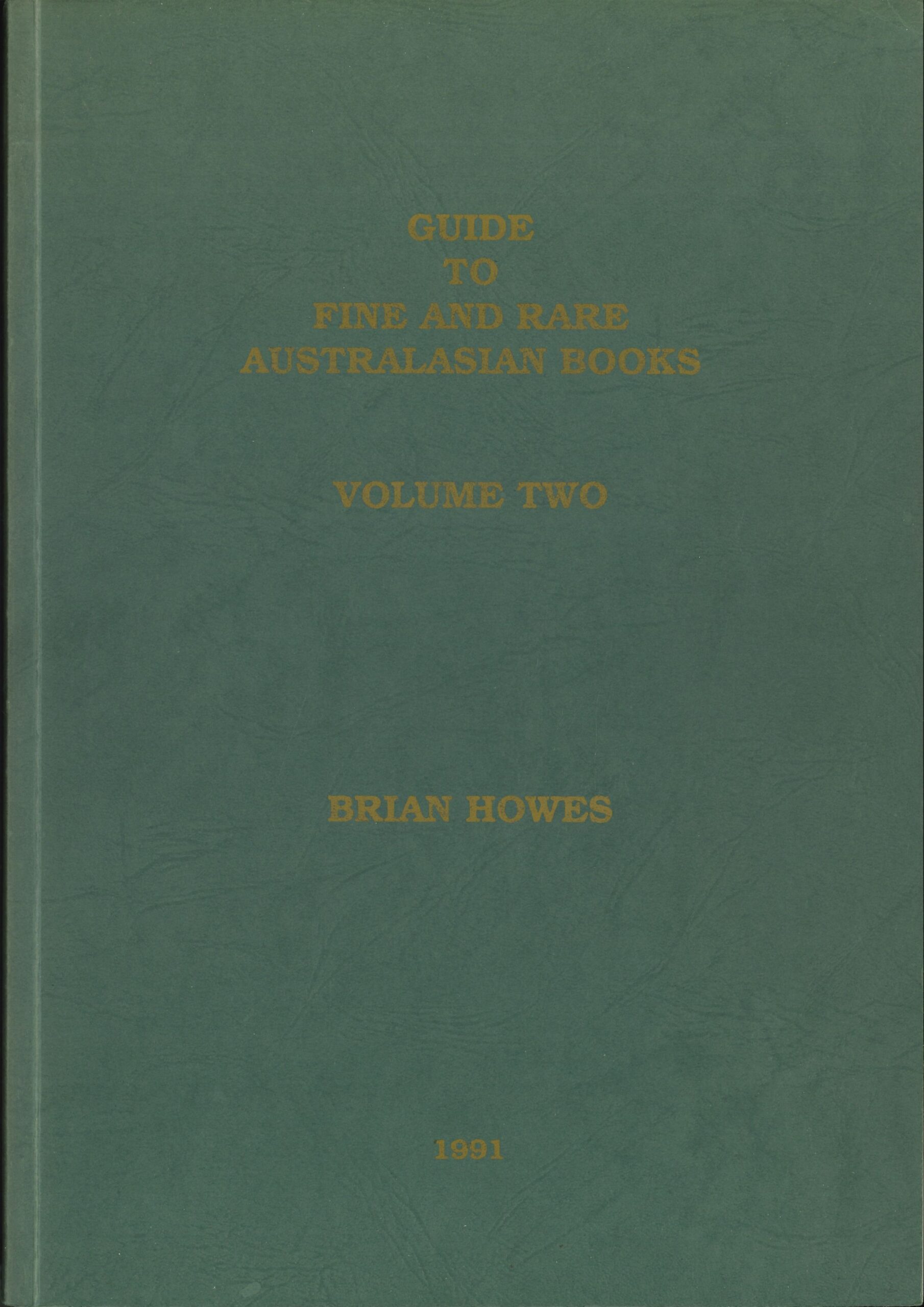

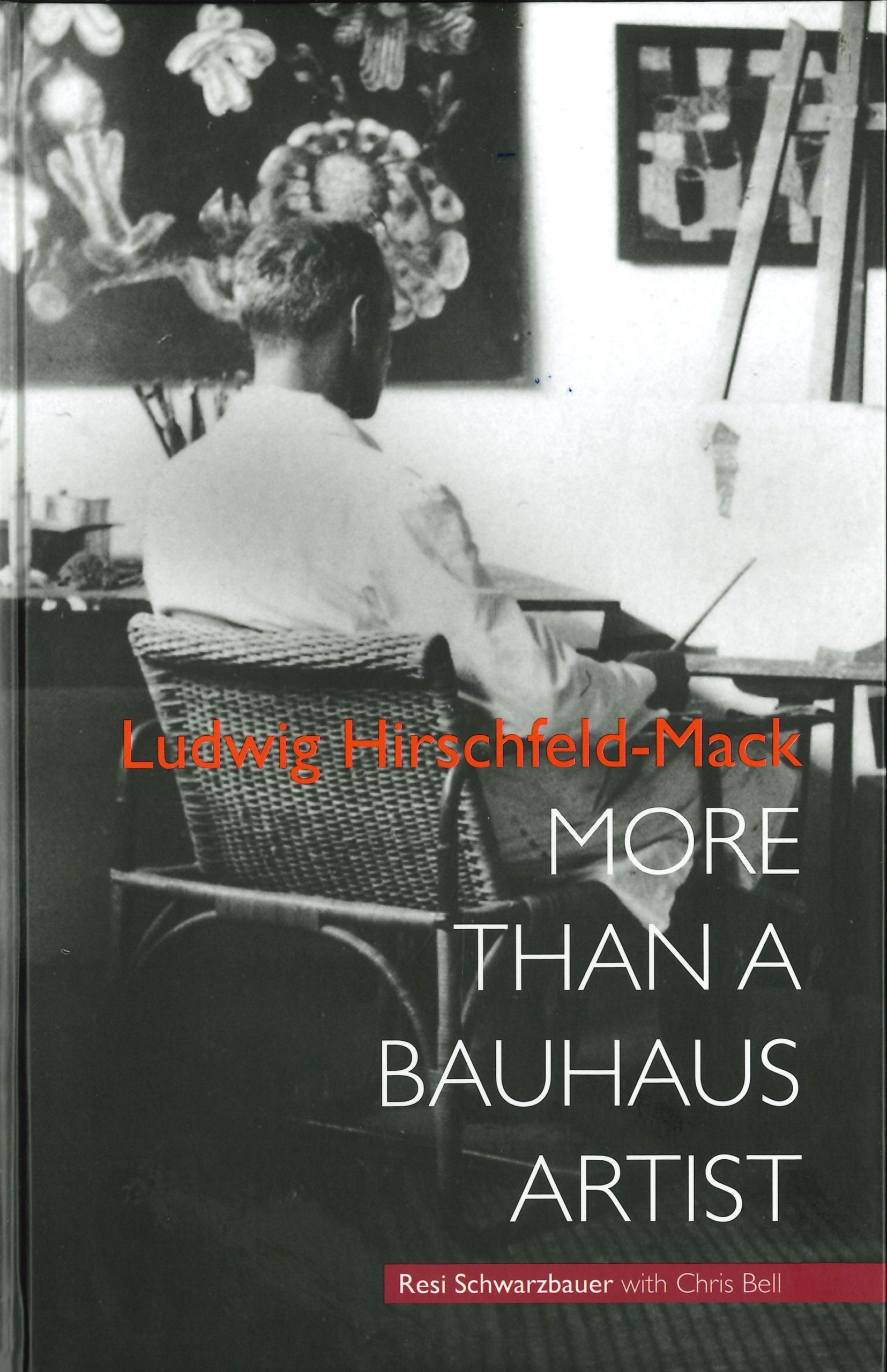
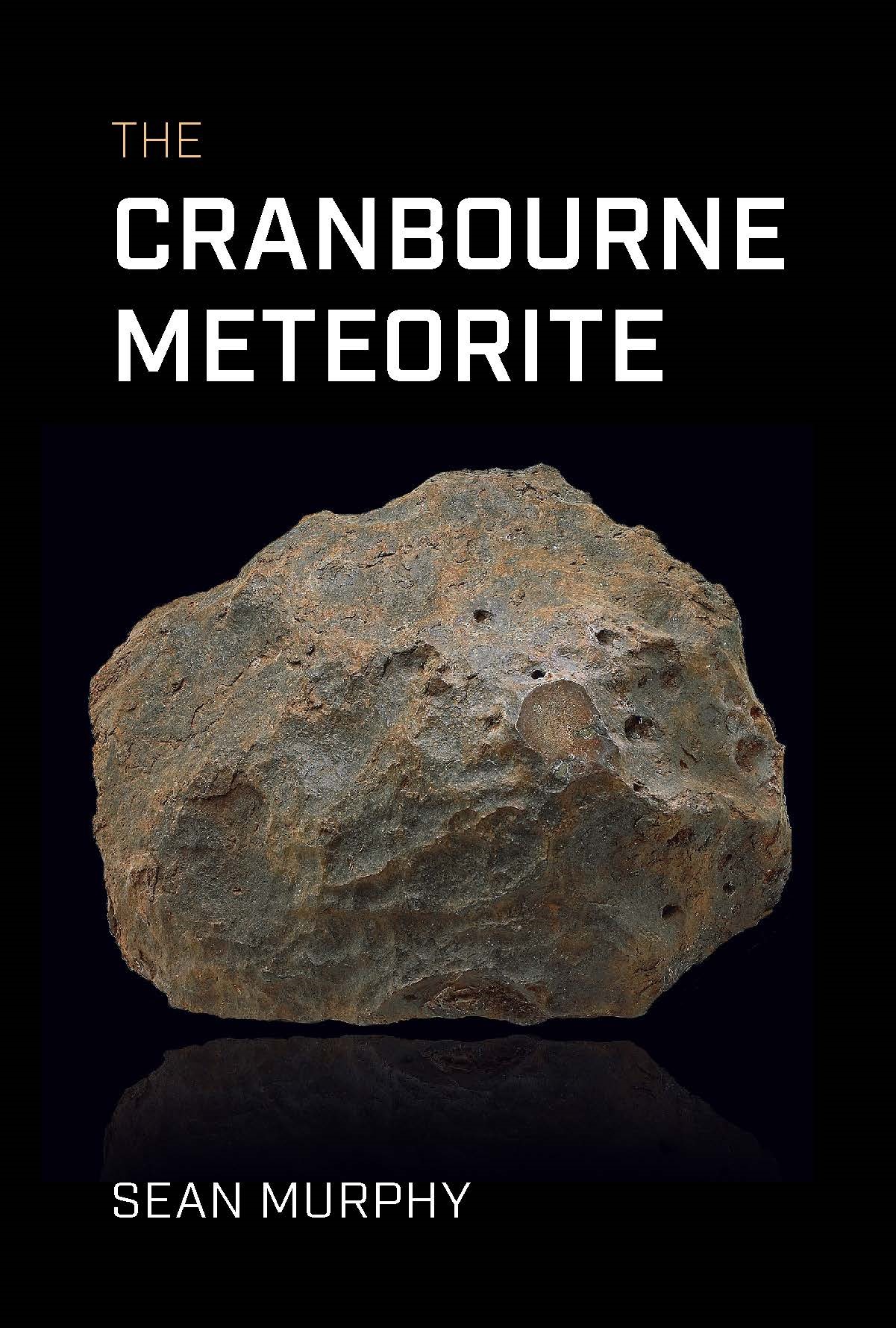




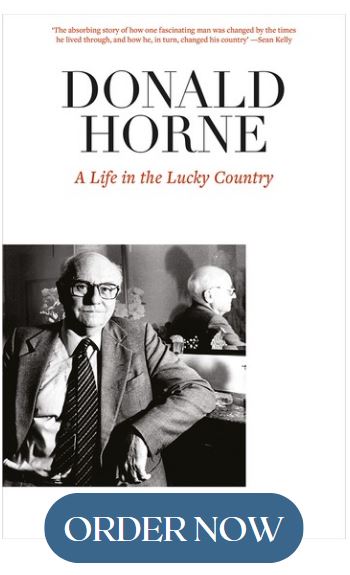
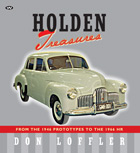


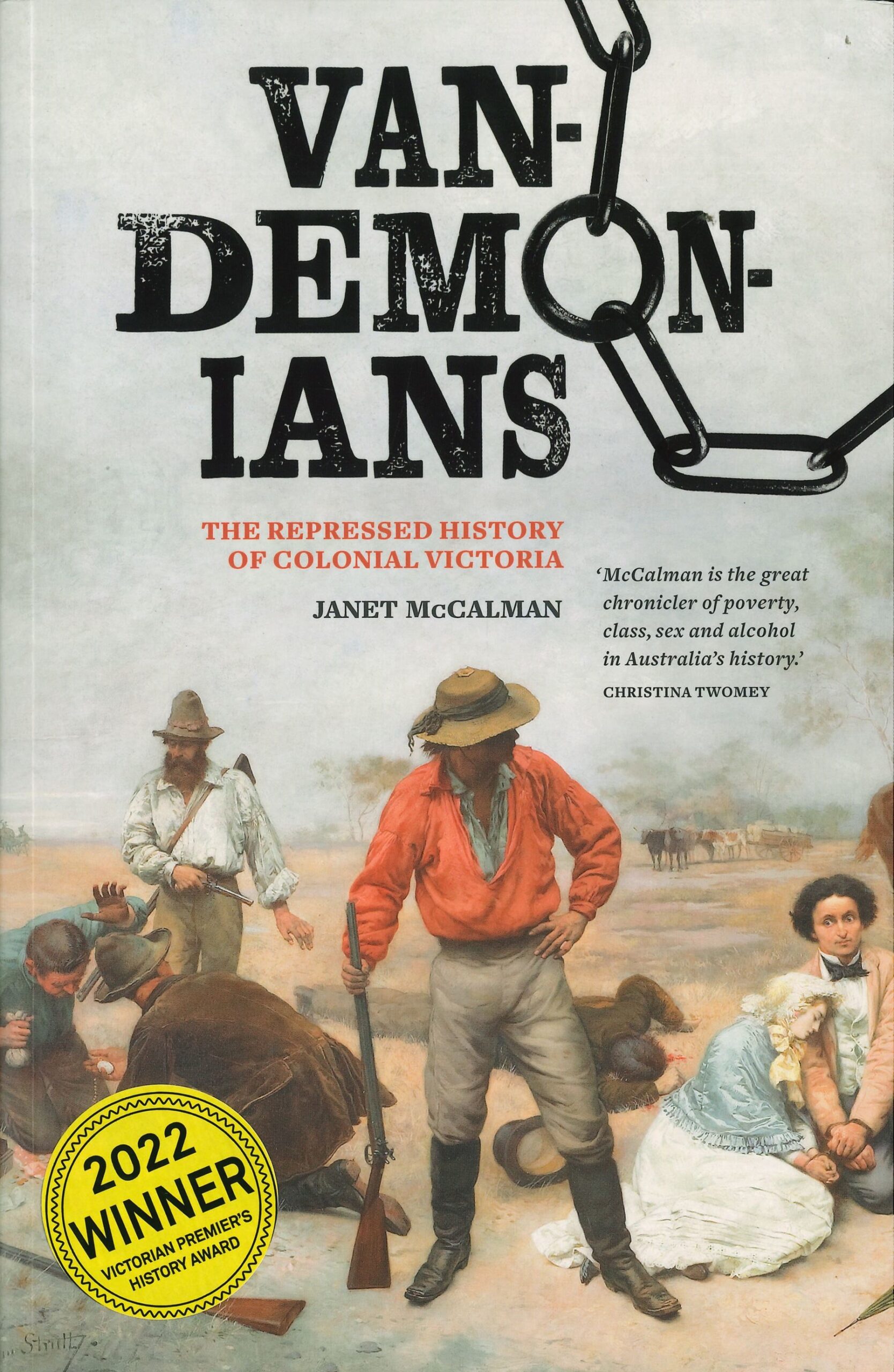
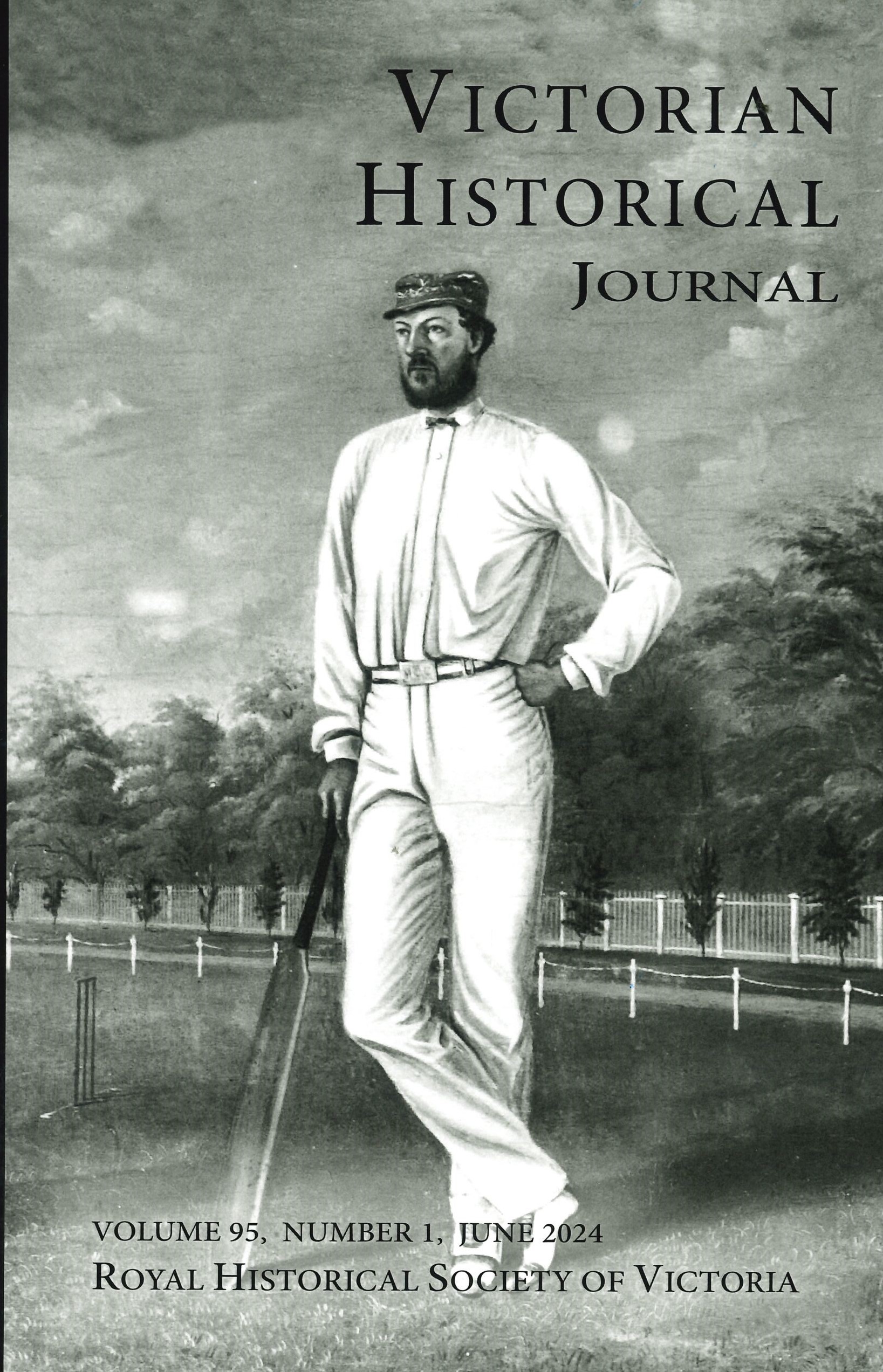


 239 A'Beckett Street Melbourne, Victoria, 3000
239 A'Beckett Street Melbourne, Victoria, 3000  03 9326 9288
03 9326 9288  office@historyvictoria.org.au
office@historyvictoria.org.au  Office & Library: Weekdays 9am-5pm
Office & Library: Weekdays 9am-5pm


Stephen Wilks (verified owner) –
Excerpt of the review by Stephen Wilks for the Victoria History Journal, Issue 295, Volume 92, Number 1, June 2021
This book opens with a strong statement of the case for Marshall’s importance and remains well organised and written throughout. Fulsomely footnoted use of primary sources aids its prospects of being drawn on by historians to better understand the organisational mechanics of migration. Empire builders are not just famed adventurers of the Clive of India-Raffles-Rhodes variety; the sinews of empire were more often driven by figures like Marshall who in death became hidden lives, to the detriment of history.
ingrid –
Another report says Marshall was named after Thomas Marshall, a wool merchant.
“The adjoining Breakwater area was used for tanneries, fellmongeries and animal by-product industries. Many of them were located there to take advantage of the saltwater Barwon River, south of the artificial breakwater that was built in 1837. By the mid-1850s Thomas Marshall, a Geelong wool merchant, established a wool scouring works near the breakwater, and the place was named after him.”
Marshall | Victorian Places
http://www.victorianplaces.com.au › marshall
p.s. When the Railway Station was re-opened in 2005, the public was asked to choose a name. Marshall was most popular. Unfortunately at the time, nobody educated the residents about the background to the name Marshall.
Marshall | Victorian Places
http://www.victorianplaces.com.au › marshall